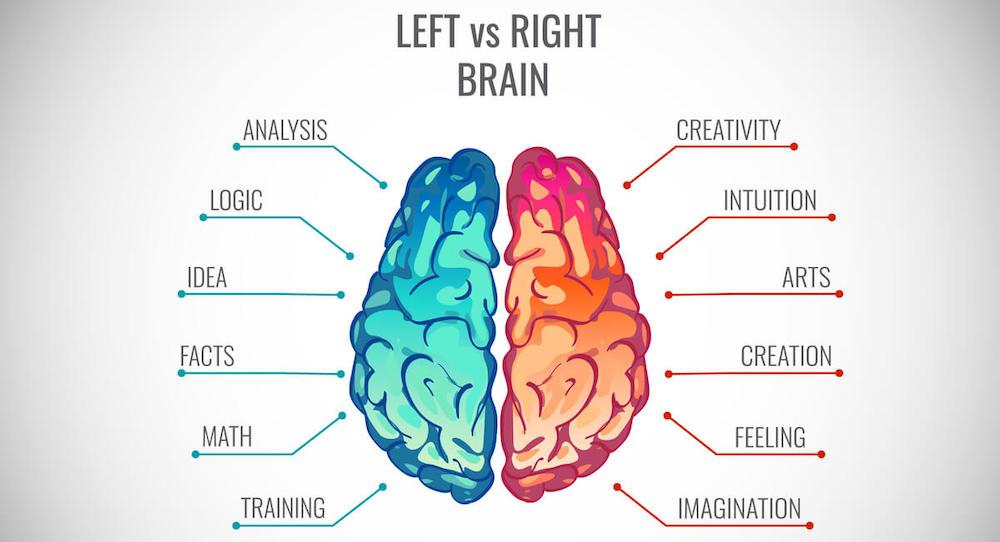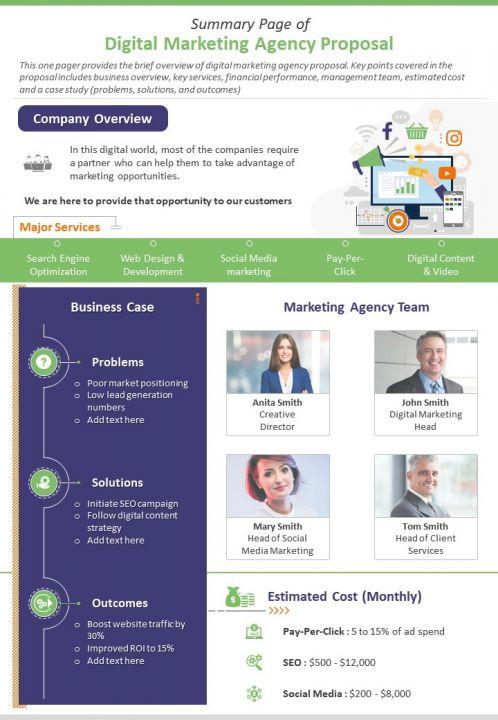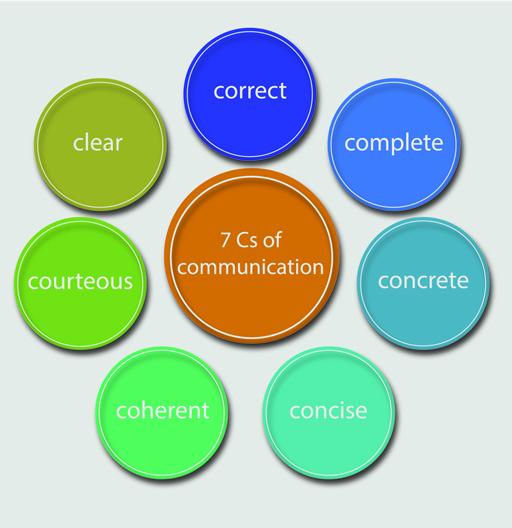Here are 11 ways your agency can build strong client relationships that translate into better productivity, greater loyalty, and more referrals!
Some agencies manage to build a steady client base that strengthens over the years, while others ride roller coasters and eventually close up shop. What’s the difference? Client relationships. Strong client relations make for greater success with projects and campaigns, loyal clients who stay with you longer and refer new clients, and a better reputation for your brand. Even better, they make everyday work more enjoyable for all.
So what makes for a strong client relationship? The same traits that define any good relationship: awareness, communication, empathy, dependability, accountability, honesty, and the list goes on.
In this post, I’ve compiled 11 ways your agency can demonstrate the above and more to achieve the best possible outcomes for you and your clients. I’d say happy endings, but good relationships don’t really end.
It’s easy to skim over the importance of creating a strong relationship with your clients—you know you have to do it. But when you dig into how it helps your agency grow, you can be more strategic about it.
It can be 25 times more expensive to acquire a new customer than to keep an existing one. You also have a much higher probability of selling a new agreement to a current client than closing a deal with a new one.
A strong client relationship helps you weather rough patches and identify clients who are at risk of leaving. Both will help you reduce customer churn.
Customer referrals are an extremely important source of new clients for your agency. That’s because referred customers are more likely to buy, are more loyal, and spend more on average than non-referred customers.
When you have a strong relationship with your clients, you can ask them to give reviews and refer other businesses. That’s especially helpful if your agency serves a niche industry where everyone knows everyone else.
Have you ever wanted to know how a new regulation would affect your clients? Or how to best sell a service like PPC? When you have a rock-solid relationship with your clients, you can ask them.
It takes time to build that sort of comfort, but when you do, your best clients become your agency’s de facto advisers.
📣 Learn how 300 marketing agencies manage services, pricing, and challenges in our State of the Digital Marketing Agency report.
In the following list, you’ll find actionable ways to improve client satisfaction and build mutually beneficial partnerships, with input from PPC agency experts like Mark Irvine, Francine Rodriguez, Akvile DeFazio, and Susie Marino.
A strong agency-client relationship starts before the client even becomes one. You know that you need as much information as possible about your client to come up with a winning proposal. But the solution you come up with isn’t going to establish a meaningful connection between you and your potential client. It’s how you present that solution with respect to both the business’s goals and the personalities and values of the team you’ll be working with.
This means collecting “hard” information like:
But also “soft” information like:

Think with both sides of your brain when gathering information about your client.
Building emotional intelligence about the team you’ll be working with will help you to make communication more personalized as you move through these initial phases of your journey together.
Side note: Be prepared to answer their questions too! Even their non-PPC questions.
This is the information you’ll be not only including in your proposal, but applying throughout your actual execution and ongoing communication with your client. Take the time to really internalize it so that it shines through organically in everything you do.
From a project standpoint, your proposal shows what you’re going to do to achieve your client’s goals. From a relationship standpoint, it’s your opportunity to reinforce, once again, that you have a deep understanding of your client—both the business and its team members. Speak to both the client’s business goals as well as the more personal pain points and desires of its employees.
To do this, think in terms of “what,” “why,” and “so that.”
For example, we’d like to ramp up ad spending in the latter half of the month to drive more signups so that your sales team isn’t scrounging for leads. Just be sure to use the language that your clients used in the initial information-gathering process.
This strengthens that partnership feel. You’re not just looking to achieve goals, you care about the individuals impacted by them.

This is one of our customer retention strategies as well. Once you get started, there will be more points of contact added to the roster for both sides. A streamlined onboarding process will set the stage for the clear communication and seamless execution needed for a strong and long-lasting client relationship to form. During this process, you may want to:
🛑 Free guide >>> The 6 Absolute Best Strategies to Grow Your Digital Marketing Agency
Treating your client like a business will make your relationship purely transactional (i.e., no relationship at all). Treating them like family leaves too much room for miscommunications and unmet expectations.
Treating your clients like partners, on the other hand, sets the stage for a healthy mix of personal, purposeful, and transactional encounters where both your and your client’s identities are preserved, and each of you supplies the essential ingredients for success.
Akvile DeFazio, President of AKvertise, makes this a priority with clients.
Her team makes sure to proactively:
“This shows care and builds trust, and our clients share that they appreciate our diligent proactivity,” she says. “When we work with clients, we aim to be a seamless extension of their team and genuinely embed ourselves as so. When they win, we win, and proactive communication is the key to success for all.”
This recommendation from Mark Irvine, Director of PPC at Search Labs Digital, ties back to the partnership mentality in tip #5. The scenario here is that your agency is doing great work. Performance metrics continue to climb. But the client is upset. They aren’t seeing new business come in.
“A wrong response here is to dig your heels in,” Mark says. “Telling them that their business is doing fine is at best tone-deaf. Instead, let them talk it out and listen to them. This may even lead them to discover the problem is in their other marketing or sales teams.”
If this ends up being the case, Irvine recommends that you take yourself out of the problem to prevent it from becoming an “us versus them” situation. Take the approach of teaming up together to come up with a solution. Use language like:
Position yourself as a partner in their campaigns. Value their feedback. Even if you’re an expert, allowing them to work with you will help build a long, trusting relationship.
“And remember,” Mark adds, “if you dismiss or fight their concerns, there’s an agency sales rep somewhere else who will be happy to listen to them vent about you all day.”
Brett McHale, founder of Empiric Marketing, LLC, provides some great tips around communication and setting boundaries:
Being always available, whether through Slack or other forms of direct communication, blurs the ever-important work-life balance. It can also distract you away from other clients.
Instead, establish weekly or bi-weekly meetings to check in, review performance, and answer questions. “I always have some takeaway or action item from those meetings,” Brett says. “This keeps me accountable, and when I deliver on things that I say I’m going to do, it helps build trust with the client.”
Brett says, “Email can be very robotic, and I try not to be too professional or polished all the time. Communicating with clients directly via a messenger helps to build rapport and have a more laid back ‘human-to-human’ relationship.”
He suggests designating instant messaging for urgent matters and email otherwise. This cuts out the back-and-forth emailing and also reassures your clients that while you may not always be available, you will never leave them hanging.

This suggestion from Mark Irvine is particularly relevant to the many changes happening in the advertising realm lately. The scenario here is that your client has big plans and aspirations, and you want to say yes to everything they want. But in the back of your mind, you’re not sure if they can create that audience in Google or build that campaign on Bing. You’re unsure of how the new iOS updates will impact their Facebook targeting.
“Don’t nod, say yes, and then stress,” Mark says. “You lose trust with your client if you say you can do something and then can’t, even if that’s not your fault.”
Instead, show your expertise by sharing your concerns. Practice saying:
If you really have to put your foot down, try something like:
“We agree that this is a great idea, but we can’t in good conscience proceed with it until we know that it won’t cost you in the long run.”
Be transparent and ask them for their trust. Most of the time, you’ll come out as the person who helped them navigate through uncertainty, and they won’t forget that.
Small talk often gets a bad rap, but Susie Marino, WordStream’s Senior Content Marketing Specialist and former Customer Success Specialist, has found that it actually helps with building strong client relationships.
“I know it can feel cringey or uncomfortable at first, but just go for it,” she says. “You’d be surprised at how receptive clients are. Next thing you know, you’ve got a great rapport going, and the banter at the beginning of meetings becomes more meaningful.”
“People love to talk about themselves, and clients are no different,” Susie adds. “When you ask them about how that home garden is coming along, they’ll be pleasantly surprised. These conversations reveal how much you truly care.“
Clients are people who like to work with real people who also have personalities and personal lives. If you don’t show a touch of personality with small talk, it will be harder to stay connected and to demonstrate your genuine care, outside of campaigns and metrics.
Francine Rodriguez, former Senior Manager of Customer Success at WordStream, believes that quarterly business reviews are essential for client retention.
“I think all agencies get into a cycle of monthly reporting and proving that deliverables were completed,” she says. “It is important to take that step back once a quarter and have a focused conversation on high-level strategy.”
The QBR allows the agency and the customer to reflect on new goals, the efficiency of strategies taken in the past, and what needs to pivot for the future.
It is also a time to allow your customer to provide insight into how their business goals are changing and perhaps what strategies outside of the agency’s scope they are also planning in the near future. Having that dedicated time to talk without existing action items on the table is a great way to strengthen the relationship, create trust, and become better partners.
It may also lead to surprising discoveries, where an agency could find opportunities to upsell its customers into new services. If your agency is doing QBRs now and your conversations don’t look any different from your regular monthly check-ins, it is time to change the format!”
Strong agency-client relationships are built on virtues like trust, reliability, transparency, and personability, and they result in greater outcomes for everyone involved. If you find that you’re lacking in productivity, loyalty, or the overall feel of harmony with your clients, see if you can adopt or improve any of these strategies for your agency:
